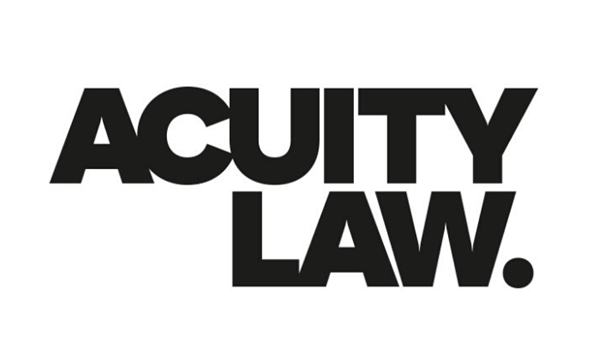
The UK Government is set to overhaul the way employment rights are enforced. The Employment Rights Bill proposes the creation of a new state body, likely to be called the Fair Work Agency (FWA), with significant new powers including a major shift in state enforcement of holiday pay.
Currently, most employment rights are enforced by individual claims in the Employment Tribunal, with only limited state involvement (e.g. national minimum wage). The FWA will centralise and expand enforcement, aiming to provide a clear, single point of contact for workers and to better support compliant employers.
The FWA will initially cover:
- Rules on employment agencies and businesses
- National minimum wage rights and record-keeping
- Statutory sick pay
- Modern slavery offences
- Statutory holiday pay (a new addition to state enforcement)
- A new requirement to keep holiday pay records for six years, with non-compliance being a criminal offence
- Gangmasters licensing
- Financial penalties for failure to pay Employment Tribunal awards or COT3 settlements
The most notable change is that holiday pay will now be subject to proactive enforcement. This area has long caused confusion, and the risks for employers will now be significantly higher.
The Fair Work Agency will not be a passive regulator. It is being granted wide-ranging enforcement powers, including:
- Workplace inspections, with the ability to review documents and systems, question staff, and seize evidence
- Notices of Underpayment, requiring employers to repay arrears (e.g. unpaid holiday or sick pay) plus penalties of up to 200% (capped at £20,000 per worker), covering shortfalls up to six years old
- Legal action on behalf of workers, including bringing tribunal claims and offering legal support
- Court orders to compel compliance – failure to comply could lead to criminal prosecution
- Criminal sanctions for obstructing enforcement, submitting false documents, or failing to keep records. Penalties may include fines, imprisonment (up to 51 weeks), or both
- Cost recovery, allowing the FWA to charge employers for enforcement action taken against them
The Bill must pass through Parliament before the FWA is formally established. Implementation will follow in phases and is unlikely before late 2026.
What should employers do now?
While the timeline remains uncertain, its arrival sends a clear message: the Government is moving towards more proactive enforcement and greater accountability for employers. It also wants to level the playing field for businesses that already comply with the law.
Employers should now:
- Review how holiday pay is calculated and recorded
- Ensure they are retaining accurate records of statutory holiday entitlement (for six years)
- Confirm compliance with minimum wage, sick pay, agency worker rules, and modern slavery obligations
- Educate management teams on the new enforcement risks, including criminal liability
For further updates on the Employment Rights Bill and the Fair Working Agency, contact Juliette Franklin, Legal Director – Employment Team at Acuity Law, on juliette.franklin@acuitylaw.com or call 07581 026 594.








